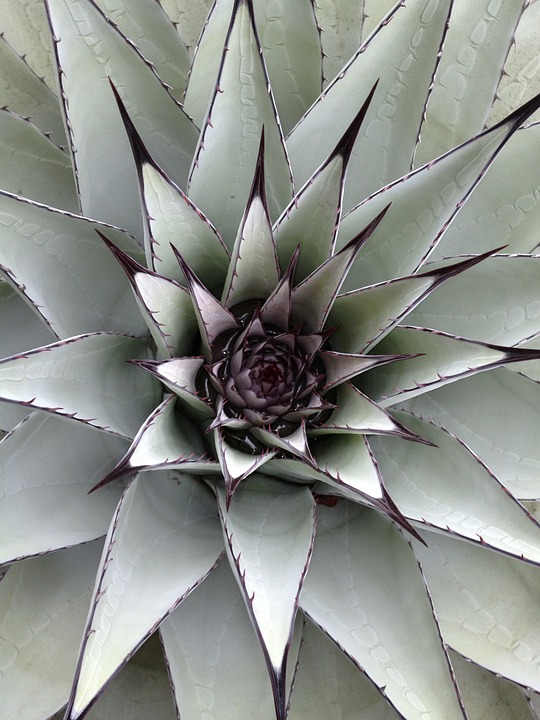Introduction
Having a small balcony doesn’t mean you can’t have a beautiful and thriving garden.
Balcony gardening is the perfect solution for those who want to grow plants but are limited on space.
With some planning and creativity, you can transform your balcony into a green oasis.
This article will guide you through the basics of balcony gardening and provide tips to help you create a flourishing garden in your small space.
Choosing the Right Plants
When it comes to balcony gardening, selecting the right plants is crucial.
Since the space is limited, you’ll want to choose plants that can thrive in containers and do well in the conditions your balcony allows.
Herbs like basil, mint, and rosemary are great options as they are compact and can be used in cooking.
Flowers such as petunias, marigolds, and geraniums add a pop of color and attract pollinators.
Container Selection and Placement
Picking the right containers for your balcony garden is important.
Opt for lightweight containers that are suitable for the size of the plants and have proper drainage holes to prevent waterlogging.
Hanging baskets and vertical planters are excellent choices to maximize the use of vertical space.
When placing the containers, consider the amount of sunlight your balcony receives.
If your balcony gets limited sunlight, place the plants accordingly to ensure they receive enough light to thrive.
Soil and Fertilizer
Choosing the right soil is essential for the success of your balcony garden.
Select a high-quality potting mix that is lightweight, well-draining, and nutrient-rich.
Avoid using garden soil as it may become compacted in containers, hindering drainage.
Additionally, regular fertilization is important to ensure your plants receive the necessary nutrients.
Use a slow-release fertilizer or organic options to promote steady growth and prevent nutrient deficiencies.
Watering and Maintenance
Balcony plants require consistent watering as they might dry out quickly due to exposure to direct sunlight and wind.
Check the moisture level of the soil daily and water accordingly.
Remember not to overwater, as this can lead to root rot.
Regularly inspect and remove any damaged or dead leaves to maintain the health and appearance of your plants.
Prune and trim as necessary to encourage bushier growth and prevent overcrowding.
Creative Space Optimization
Make the most of your small balcony by utilizing creative space optimization techniques.
Install vertical trellises or hanging planters to add more greenery without occupying valuable floor space.
Use wall-mounted shelves or a plant ladder to create a multi-tiered display.
If floor space is limited, consider adding hooks or brackets to hang plants from the railing or ceiling.
Use bright and colorful pots, and incorporate decorative elements like fairy lights or wind chimes to enhance the ambiance.
FAQs
Can I grow vegetables on my balcony?
Absolutely! Many vegetables can be grown successfully on a balcony.
Compact varieties like cherry tomatoes, lettuce, peppers, and herbs like parsley and cilantro are suitable for container gardening.
What kind of sunlight do balcony plants need?
The sunlight requirement varies depending on the plant.
Most balcony plants thrive in full sunlight or partial shade.
Ensure you place your plants accordingly to match their sunlight preferences.
How do I protect my plants from pests or diseases?
Regular monitoring is crucial to prevent and control pests or diseases.
Inspect your plants regularly.
If infested, try natural remedies like insecticidal soap or organic neem oil spray.
Removing affected leaves or plants promptly can prevent the spread of diseases.
Can I grow plants without a balcony railing?
Yes, you can.
If your balcony does not have a railing, consider using elevated planters or freestanding containers.
Just ensure they are secured properly to prevent any accidents.
Can I compost on my balcony?
Composting on a small balcony can be challenging.
However, you can consider using a small-scale composting system like a worm bin or a compost tumbler designed for balconies.
These options are compact and odorless.




